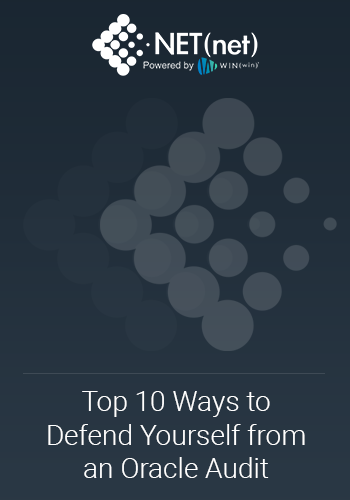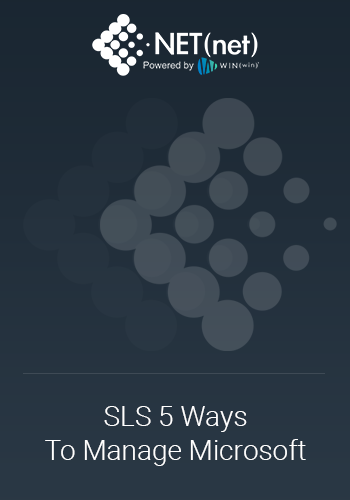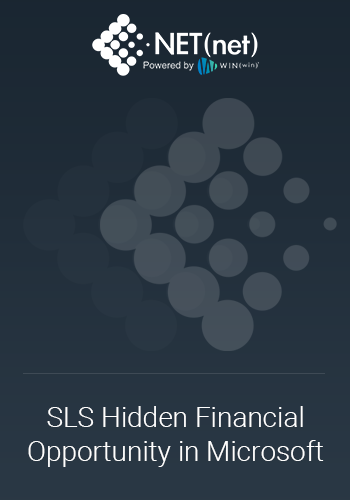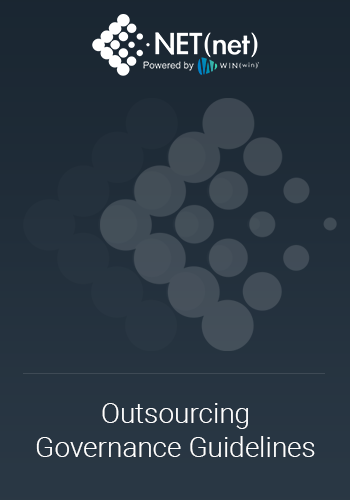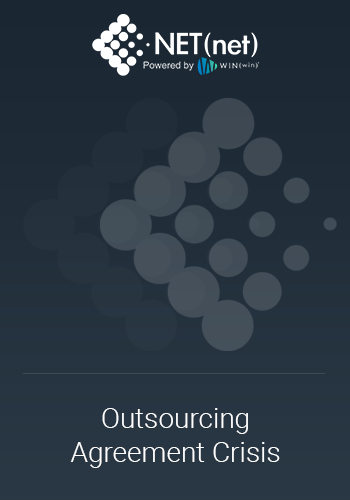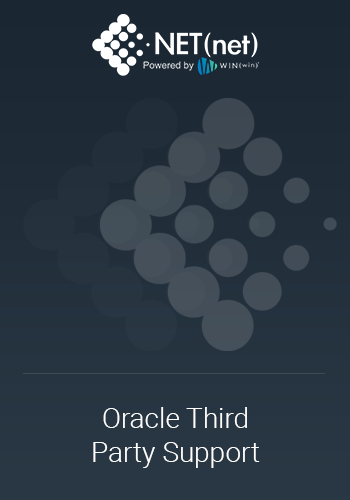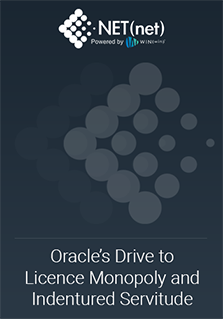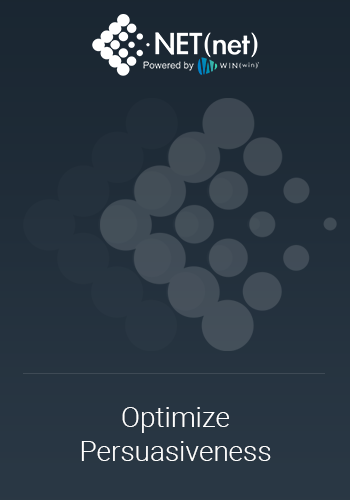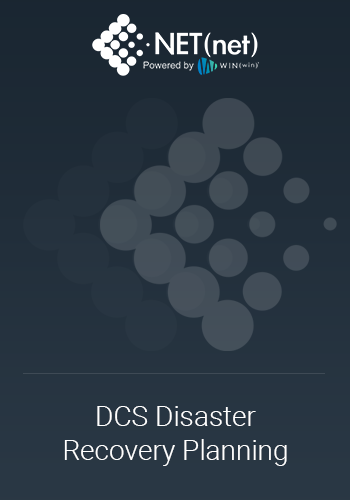Due to Microsoft’s fiscal year-end in June, we see more agreement renewals in June than any other month of the year. As many customers prepare for their renewal evaluations, they should keep in mind these important topics.
1) Desktop virtualization promises reduced TCO, faster, easier application upgrades and better security management. Almost every enterprise is interested in these topics, but full-scale deployments are rare. Most clients are in the early stages of considering various methods of virtualization, though some enterprises are doing small-scale tests, while a few others have rolled out deployments to certain functional groups.
When dealing with Microsoft and considering your options around desktop virtualization, keep in mind that there are many different definitions of and paths towards “desktop virtualization”. For example, you could use existing PCs, refresh with dedicated thin client terminals, or continue the traditional full PC refresh cycle and only deliver part of the user experience via virtualization technology. The emerging classes of tablets and smartphones offer still more complexity. Microsoft’s usual approach is to offer the Enterprise Agreement as blanket coverage; but in fact, there are opportunities that this approach doesn’t fully take into consideration. NET(net) knows where these opportunities are and how to evaluate and exploit them for your benefit.
For example: If a typical enterprise customer follows Microsoft’s recommended strategy for desktop virtualization, they will vastly overpay for the outcomes that most of our clients reasonably expect. Clients should understand that there are big dollars at stake here for Microsoft; the Windows desktop OS business is Microsoft’s largest single revenue source. Clients should expect Microsoft to position its sales pitches to protect its cash cow (and not to worry about the optimal economic and/or strategic outcome for its customers). NET(net) knows how to protect clients from over-paying and not getting enough value while enabling their strategic plans to achieve greater value.
2) The Cloud / SaaS / Microsoft “Office 365”: Microsoft has made “the cloud” a top corporate direction for enterprise customers. Microsoft is strongly pitching its cloud-based services in virtually every Enterprise Agreement renewal (in many cases, including a free trial or pilot subscription). Clients are interested in various cloud strategies, but most are not yet ready to move. However; Microsoft agreements are three years in length, so something like a free trial, although that doesn’t appear very threatening, could actually force a client to make long-term decisions now without the benefit of firm plans or a clear view to alternatives, future prices and requirements. Contracts signed today must contemplate these and other considerations, including the potential for future migrations. By working with NET(net), you’ll be assured your contracts fully consider these issues and have the protections and flexibility you will need for the future.
As with desktop virtualization, the cloud is a threat to Microsoft’s traditional licensing cash cows. Simply, if you’re moving your infrastructure to the cloud, there are many other providers besides Microsoft who can deliver the services; whether on Microsoft platforms or other platforms – the service becomes somewhat divorced from the underlying infrastructure. This is both an opportunity and threat for customers and Microsoft for many reasons. NET(net) has been working with clients to optimize these investments and negotiate these deals since Microsoft first introduced cloud services and knows how to protect its clients in current and future scenarios while helping them gain the strategic and/or economic benefits of cloud based services.
As with other Microsoft offerings, there are many offerings and variations available that are not widely discussed by the Microsoft sales teams, who would prefer not to mention alternate models since they are less profitable for Microsoft. NET(net) knows the various options and how to evaluate and exploit them. For example: Microsoft has invested billions into datacenters and related infrastructure in support of this business; but at present, these centers are vastly under-utilized. This presents a buyer’s market opportunity – but only if clients correctly exploit the market. NET(net) has developed a refined and sequenced process of steps to help clients capture maximum value when negotiating these issues.
3) Competitive alternatives to Microsoft products: Quite recently, competitors like Google and Open Office / Libre Office have moved from “joke” to “serious evaluation” status in corporate accounts. This is a very important development and NET(net) now recommends that all clients should be actively evaluating alternatives like these in every category where Microsoft currently has solutions. The challenge for most clients is that these types of evaluations are extremely challenging and high-profile for IT to undertake without real sponsorship from organizational stakeholders. Further, while Microsoft spends billions in marketing, channel partners and sales people, there is little in the way of counter-marketing from Libre Office, for example. So, in cases where evaluations do happen, clients usually are unable to exploit the full value of the work they’ve done.
Many clients are surprised to learn that Microsoft sales teams are not actually all that scared when a client says “we’re evaluating Google.” The usual client evaluation process simply plays into Microsoft’s hands. For example: many enterprises have difficulty building a technology roadmap for the next 1-2 years; much less 3-6 years involving complex infrastructure decisions. NET(net) knows how to combine client-specific goals and constraints with our proprietary Federated Market Intelligence to chart the optimal path forward both strategically and economically.
4) Enterprise Agreements (“Software Assurance”): Enterprises consistently have difficulty cutting through the Microsoft propaganda to really understand whether the agreement structures that Microsoft recommends are right for their specific business situations and future plans. Despite the reams of readily available information about EA’s and SA, very little true insight exists from unbiased sources that have deep knowledge of Microsoft’s offerings, terms, and alternative options. Clients frequently are forced to settle for knowingly over-paying simply because Microsoft holds an information advantage. The inherent unfairness in this relationship is one of the key frustration points that clients routinely express in most engagements.
Many IT executives are unfamiliar with Microsoft’s unique approach to “software maintenance”. If you’re coaching your executive staff, it’s worthwhile to point out that typically in the software industry, annual maintenance fees include both technical support and version upgrades. But Microsoft Software Assurance does not – it only includes a limited amount of technical support, and upgrades are not guaranteed at all.
Further, most software maintenance costs 15-20% annually based on the cost of the license. But Microsoft charges 25-29% annually, for a lower level of support and no guaranteed upgrades.
How do they get away with this? One reason is that Microsoft uses language very precisely, to lead the listener to believe something different than what was actually said. This is especially true in the case of SA and EA’s. NET(net) can help you cut through the FUD to get to the straight answers you deserve. Contact NET(net) today to learn how we can help you find, get, and keep more value in your upcoming Microsoft renewal and/or existing investments and test your knowledge by completing the “Microsoft Licensing Quiz”.
NET(net)’s Website/Blogs/Articles and other content is subject to NET(net)’s legal terms offered for general information purposes only, and while NET(net) may offer views and opinions regarding the subject matter, such views and opinions are not intended to malign or disparage any other company or other individual or group.


